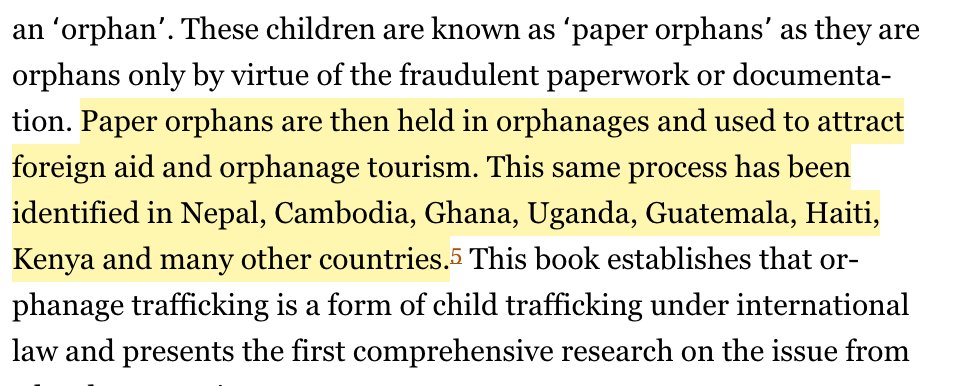CDC moves ahead with DoxyPEP, i.e. putting gay men on antibiotics all the time in order to prevent STDs.
https://twitter.com/CDCgov/status/1798039553057706409
Theodore Dalrymple on DoxyPEP: theamericanconservative.com/doxypep-is-a-d…
Maybe I was onto something here.
https://twitter.com/herandrews/status/1656320960302071814
• • •
Missing some Tweet in this thread? You can try to
force a refresh



























